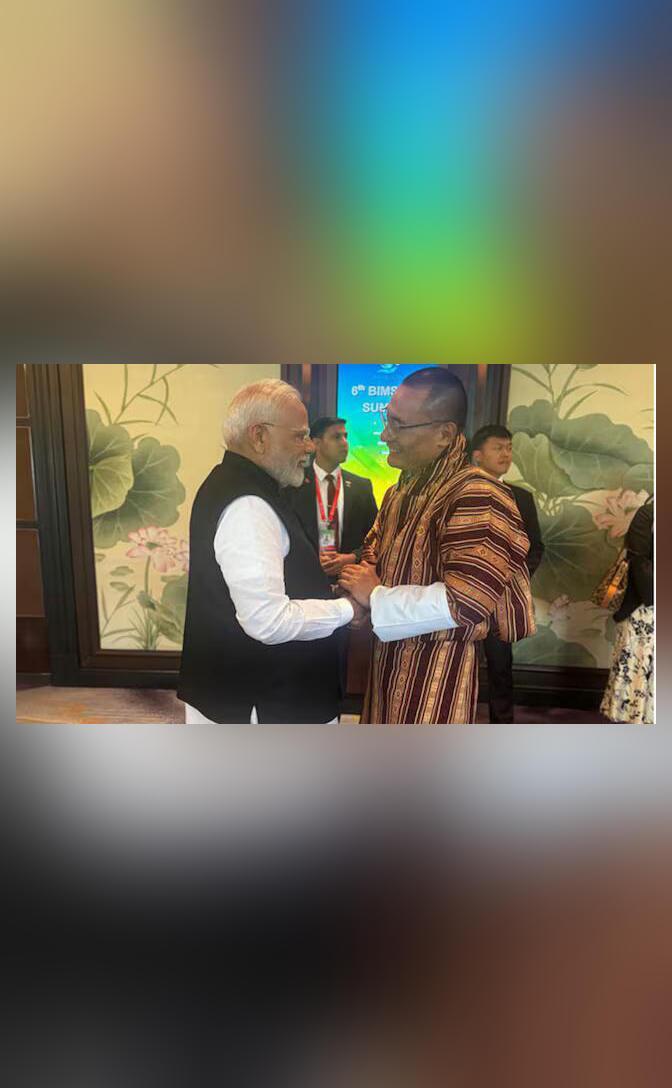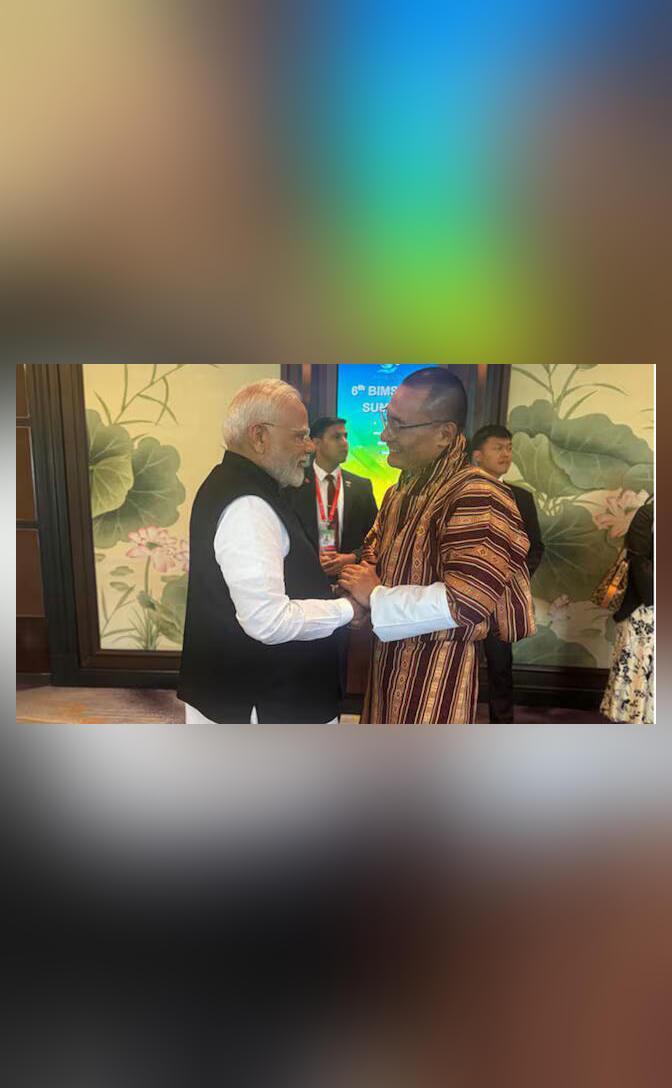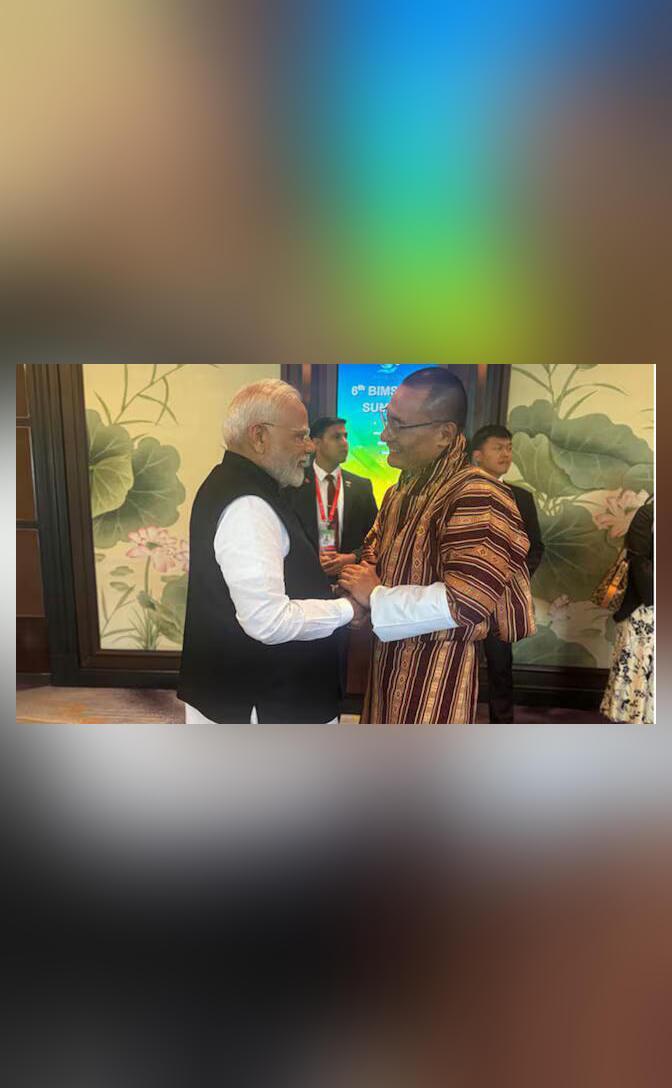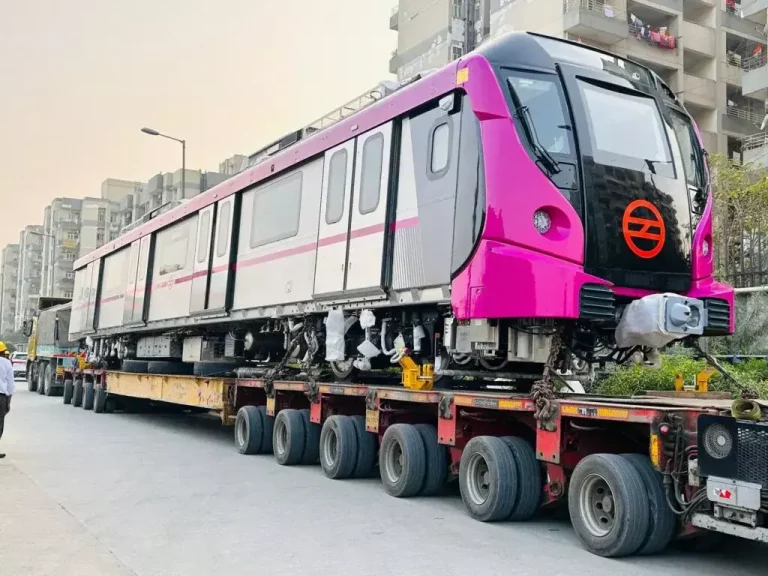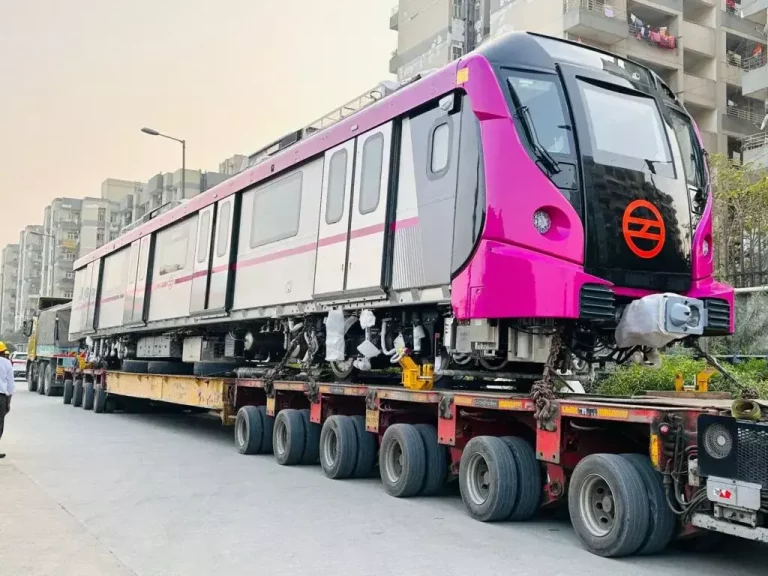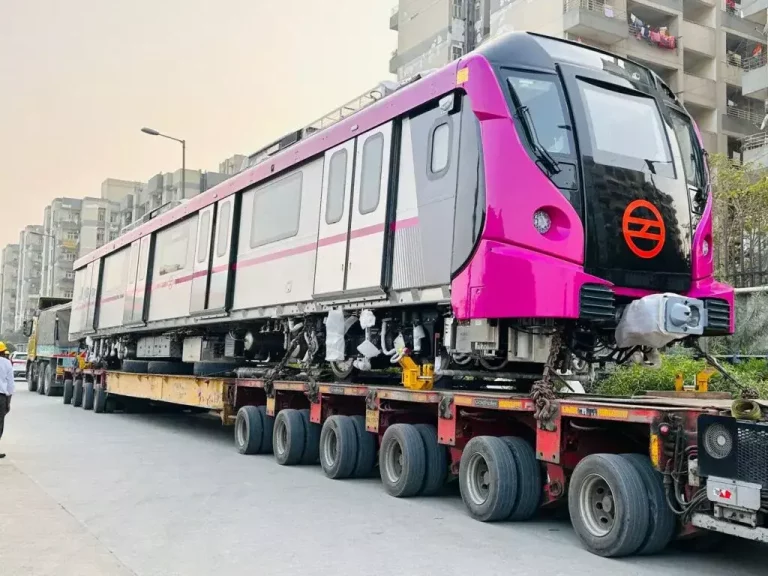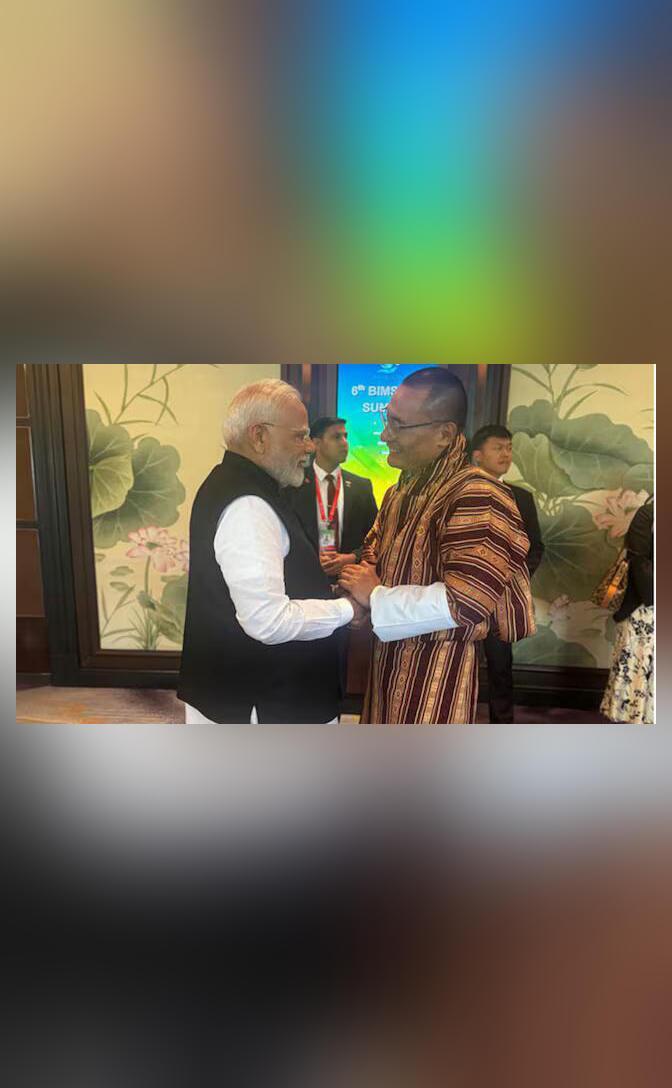
Title: I Consider PM Modi as my Elder Brother & Mentor: Bhutan PM Tobgay
In an interesting turn of events, Bhutan Prime Minister Tshering Tobgay has gone on record to express his admiration for Indian Prime Minister Narendra Modi, stating that he considers him as his elder brother and mentor. The Bhutanese PM made this statement during a meeting with PM Modi in Thailand, where he also praised Modi’s spiritual leadership.
Tobgay’s statement is a testament to the strong bond of friendship and trust that exists between the two leaders. The Bhutanese PM has always been a vocal supporter of Modi’s policies and initiatives, and their meeting in Thailand was an opportunity for them to further strengthen their ties.
In an interview with a leading news publication, Tobgay revealed that he had listened to a podcast featuring PM Modi and renowned AI researcher Lex Fridman, which had left a profound impact on him. “After listening to PM Modi’s podcast with Lex Fridman, I [told him], ‘I saw a spiritual leader’,” Tobgay said. “I felt like I was listening to a spiritual master. It was very spiritually fulfilling,” he added.
Tobgay’s statement is a reflection of the high regard in which he holds PM Modi. The Bhutanese PM’s admiration for Modi is not limited to his political or administrative acumen, but extends to his spiritual leadership as well. Tobgay has often spoken about the importance of spirituality in his personal and professional life, and it is clear that he sees PM Modi as a kindred spirit in this regard.
The meeting between PM Modi and Tobgay in Thailand was a significant one, not just because of the strong bond of friendship that exists between the two leaders, but also because of the important issues that they discussed. The two leaders are known to share a deep understanding of the importance of good governance, economic development, and environmental conservation, and their meeting was an opportunity for them to further strengthen their cooperation in these areas.
PM Modi has been a strong advocate for the principles of good governance, and his efforts to promote transparency, accountability, and participation in the decision-making process have been widely praised. Tobgay has also been a vocal supporter of these principles, and their meeting in Thailand was an opportunity for them to discuss ways in which they can work together to promote these values.
In addition to their shared commitment to good governance, PM Modi and Tobgay are also known to share a deep concern for the environment. They have both been vocal advocates for the importance of protecting the natural world, and their meeting in Thailand was an opportunity for them to discuss ways in which they can work together to promote environmental conservation.
Tobgay’s admiration for PM Modi is not limited to his political and administrative acumen, but also extends to his personal qualities. The Bhutanese PM has often spoken about the importance of humility, compassion, and kindness in personal and professional life, and it is clear that he sees PM Modi as a role model in these regards.
In a world where politics is often marked by bitterness, rivalry, and conflict, the friendship and admiration that exists between PM Modi and Tobgay is a refreshing change. Their meeting in Thailand was a testament to the power of strong leadership and the importance of building bridges between nations.
As the world grapples with the challenges of the 21st century, it is clear that leaders like PM Modi and Tobgay are essential to addressing these challenges. Their commitment to good governance, economic development, and environmental conservation is a beacon of hope in a world that is often marked by uncertainty and fear.
In conclusion, the statement made by Bhutan PM Tshering Tobgay that he considers PM Narendra Modi as his elder brother and mentor is a testament to the strong bond of friendship and trust that exists between the two leaders. Their meeting in Thailand was an opportunity for them to further strengthen their ties and discuss ways in which they can work together to promote good governance, economic development, and environmental conservation.
